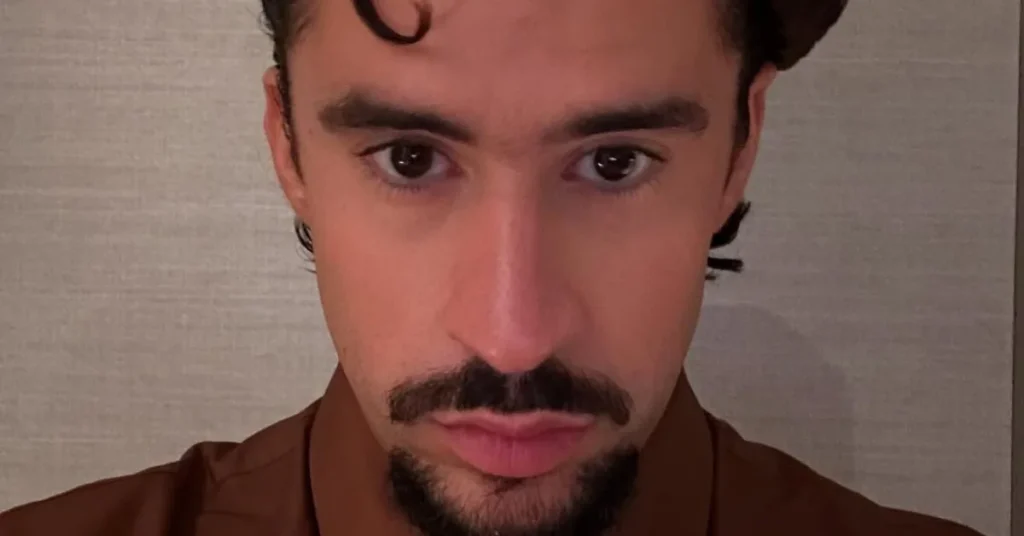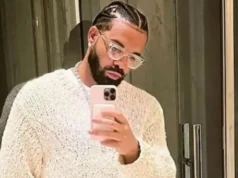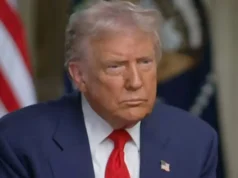From celebration to culture-war flashpoint: the Puerto Rican star’s Feb. 8, 2026 halftime slot at Levi’s Stadium is being cheered as a win for Latin artists — and blasted by critics who say entertainment shouldn’t be political.

The NFL’s decision to tap Bad Bunny as the headline performer for the Apple Music Super Bowl LX Halftime Show has lit up more than social feeds — it’s turned one of TV’s biggest nights into a rooftop for culture-war arguments.
The announcement, made as part of the league’s partnership with Roc Nation, names the Puerto Rican star to close out the big game on February 8, 2026, at Levi’s Stadium in Santa Clara, California.
For many fans and industry observers, it’s a major win: a Spanish-language superstar getting the kind of mainstream platform usually reserved for English-language pop titans.
For others, the choice is a provocation — and it’s drawn public condemnation from high-profile conservatives, including President Donald Trump, who called the pick “absolutely ridiculous” and “crazy” during a recent TV interview.
There’s a lot folded into that short phrase. Bad Bunny (Benito Antonio Martínez Ocasio) has become a global force — not just for bringing reggaetón, trap, and Latin pop to arenas around the world, but for doing it on his own terms.
He’s outspoken on political issues, especially immigration, and he’s been selective about touring U.S. cities because of concerns he’s raised about immigration enforcement at big events. That stance is now part of the conversation surrounding his Super Bowl slot, and it’s helping fuel the backlash from the right.
Critics wasted little time. Social posts and X (formerly Twitter) comments from conservative voices questioned the choice on cultural and linguistic grounds — some saying the halftime stage should prioritize songs in English, others suggesting his politics make him a poor fit for a family TV audience.
A few lighthearted responses have also bubbled up: Democratic Sen. Tim Kaine joked online about what the show might look like, while others — including public figures who regularly weigh in on pop culture — asked a basic question: “Who is he?” (which, to be clear, millions of music fans already know the answer to).
.@POTUS on loser @sanbenito (aka "Bad Bunny") and the NFL: "I've never heard of him. I don't know who he is… I think it's absolutely ridiculous — and while we're at it, I'd like to change the kickoff rule." 🤣 pic.twitter.com/zrksEJvqVc
— Rapid Response 47 (@RapidResponse47) October 7, 2025
Bad Bunny didn’t ignore the chatter. During a bilingual moment on Saturday Night Live’s season opener, he thanked fans and framed the booking as more than his personal victory. “It’s an achievement for all of us,” he said in Spanish, speaking directly to the sense of visibility the performance represents for Latino communities.
That message — proud, plainspoken, and aimed at a broad audience — is exactly the sort of cultural punctuation many see as overdue at the Super Bowl.
Here’s the thing: major entertainment events have always been political, whether performers intend them to be or not. The stakes are higher when representation is at play. A Latino artist headlining the halftime show means millions of households will see a performance rooted in culture that hasn’t always been centered on this scale.
That visibility matters for younger artists, for industry gatekeepers, and for audiences who want to see themselves reflected on the biggest stages.
That doesn’t mean the NFL won’t face fallout. Some conservative personalities are framing the pick as evidence the league is bowing to a particular political or cultural agenda. Reports have even suggested increased security and law-enforcement presence at the stadium, a detail that underscores how heated the reaction has been.
My take? The halftime show should be judged first and foremost by the music and the spectacle. Bad Bunny has earned the right to this moment by becoming a chart-topping force with massive global appeal. If anything, the controversy reveals how scared some corners of the culture are of change — and how potent a single performance can be as a symbol.
Let the show itself be the final word. If Bad Bunny brings the kind of high-energy, visually inventive set he’s known for, the conversation will shift back to the music where it belongs.
Want to weigh in? Tell us: do you think the Super Bowl halftime should prioritize “mainstream” English-language acts — or is it time the halftime stage reflected America’s musical diversity? Drop your thoughts below and share this story if you think representation at big events still matters.











